FMPA Conference 2022 – Workshop 2
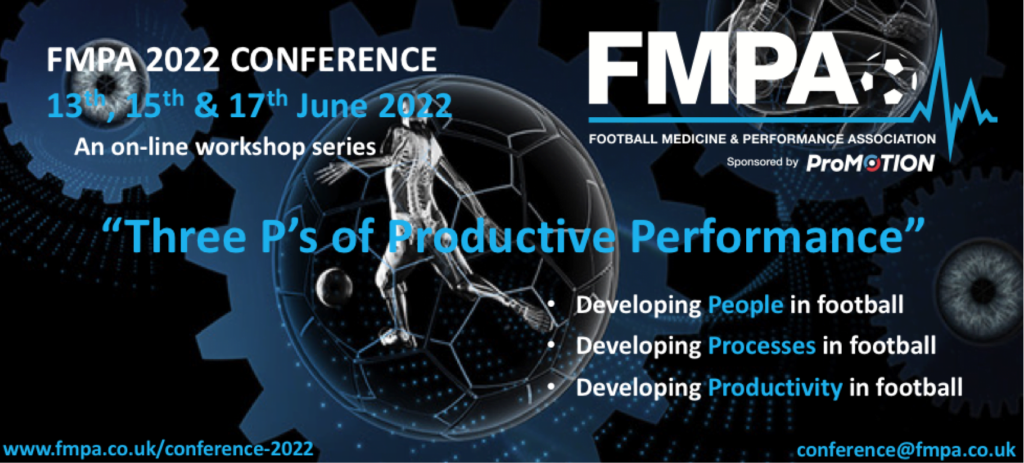
WITH THANKS TO OUR SPONSORS AND EXHIBITORS


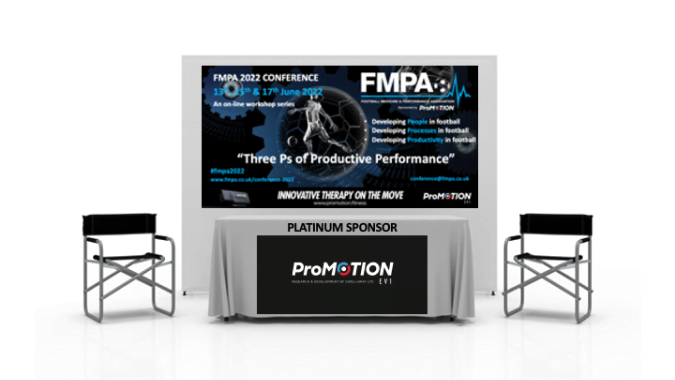
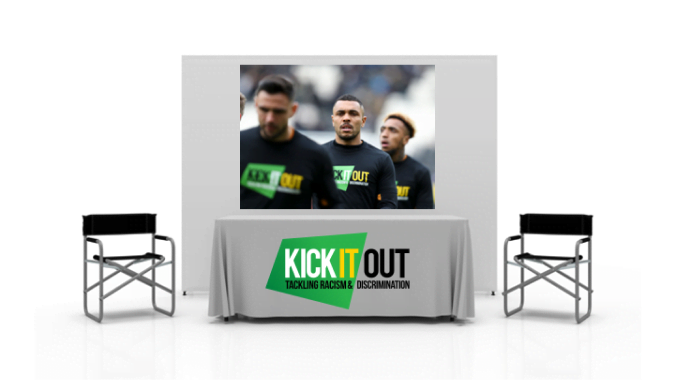
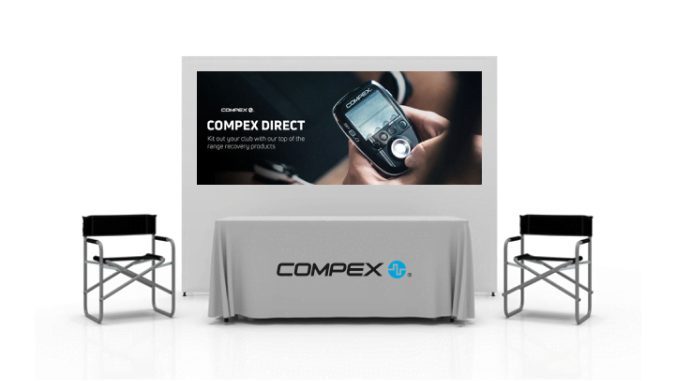

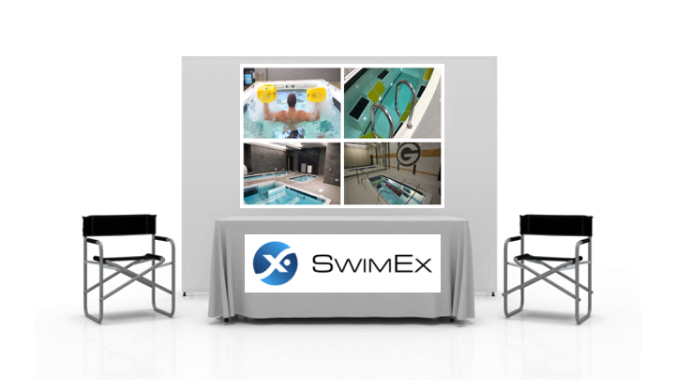
Workshop 2
WEDNESDAY 15TH JUNE 2022
DEVELOPING PROCESS IN FOOTBALL
What can organisations do to simplify, resource and implement to enhance a co-operative interdisciplinary delivery to athletes
INTRODUCTION
This workshop is designed to explore various strategies to develop the day to day planning, delivery and review of our training processes and thereby improve the quality of support they provide to the players. Sometimes this can simply be some evidence based implementation of interventions or anecdotal knowledge on a specific case study.
There is a saying that “I’ve always done it this way” is the most dangerous thought process a practitioner / department can display so hopefully by exploring different options on monitoring and assessments it may serve as a vehicle to help refine current ways of working in the clubs for the better. With this it is always nice to get a “well done” and this maybe in the form of external validation from another club utilisng similar or identical processes, which goes a long way in maintaining confidence in our work in such a volatile industry.
Finally, it is also good to remember that there is a time and a place for everything and that sometimes a unique process maybe the best course of action at one specific moment in the season, with one specific player only. It may also be harder to implement than other easier processes but doing the right thing is not always the easiest.
AVAILABLE 15TH JUNE 2022 AT 4PM
Physical preparation of the shoulder presents a number of unique challenges and often a gap exists between rehabilitation and strength and conditioning practices. In this session Tim why scaling dynamic stability and integrating the kinetic chain into upper body training strategies is so important in equipping players with shoulders that are pain free, resilient to injury and can tolerate long-term progressive overload. He will also provide simple and applicable practical suggestions that practitioners can start using with their players straight away.
 Tim Stevenson
Tim Stevenson
A brief overview of the return to play process following an injury. Assessing how we objectively monitor each stage of the process to ensure we are returning the player in optimal condition. Are we returning to play or returning the player to perform?
 MATT WILLMOTT
MATT WILLMOTT
This session will explore how we calculate asymmetry when distinguishing between bilateral and unilateral test protocols, the importance of ‘what to do’ when left with that percentage value and why not making any snap decisions is key for this particular metric, during the ongoing monitoring process.
 Dr Chris Bishop
Dr Chris Bishop
This short case study discusses changes in rehabilitation methods from a singular approach to a more holistic team focused ReConditioning approach. Focusing on how understanding the team training periodisation can help to assist in the planning of the ReConditioning process, before providing an insight into a specific long term injury case study where the use of progressive Interval Running formats helped to allow the player to successfully return to training. Discussion is provided around some key Sports Science specific metrics that can be used to help inform how the player is developing and progressing through this process.
 Paul White
Paul White
This brief presentation will give an overview of the varying periodisation models currently being implemented in football clubs. Starting with the conventional periodisation, to the emerging models such as Tactical and Dynamic Periodisation. The presentation will focus in particular how the physical preparation of players varies depending on the model being implemented by the club, along with the strengths and limitations of each model.
 Jack Sharkey
Jack Sharkey
Having worked in different countries and cultures, the presentation is a collection of experiences and insight into organizational change, team dynamics and the role of the high performance practitioner.
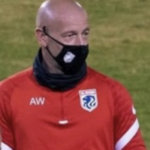 Andrew Wiseman
Andrew Wiseman
